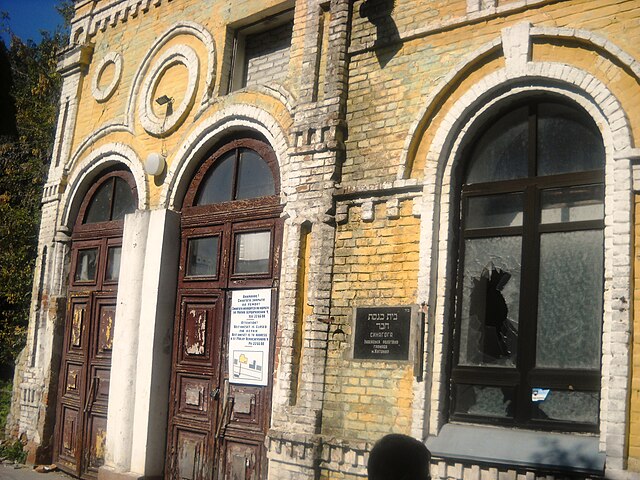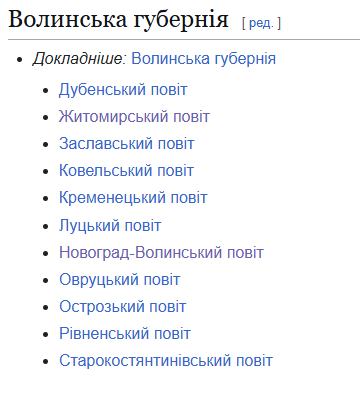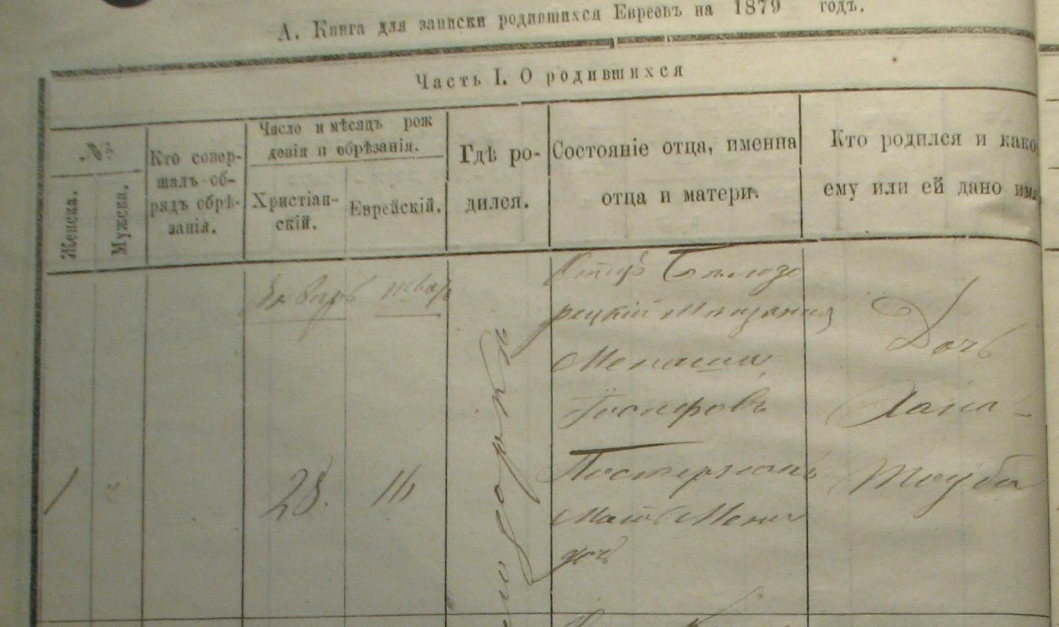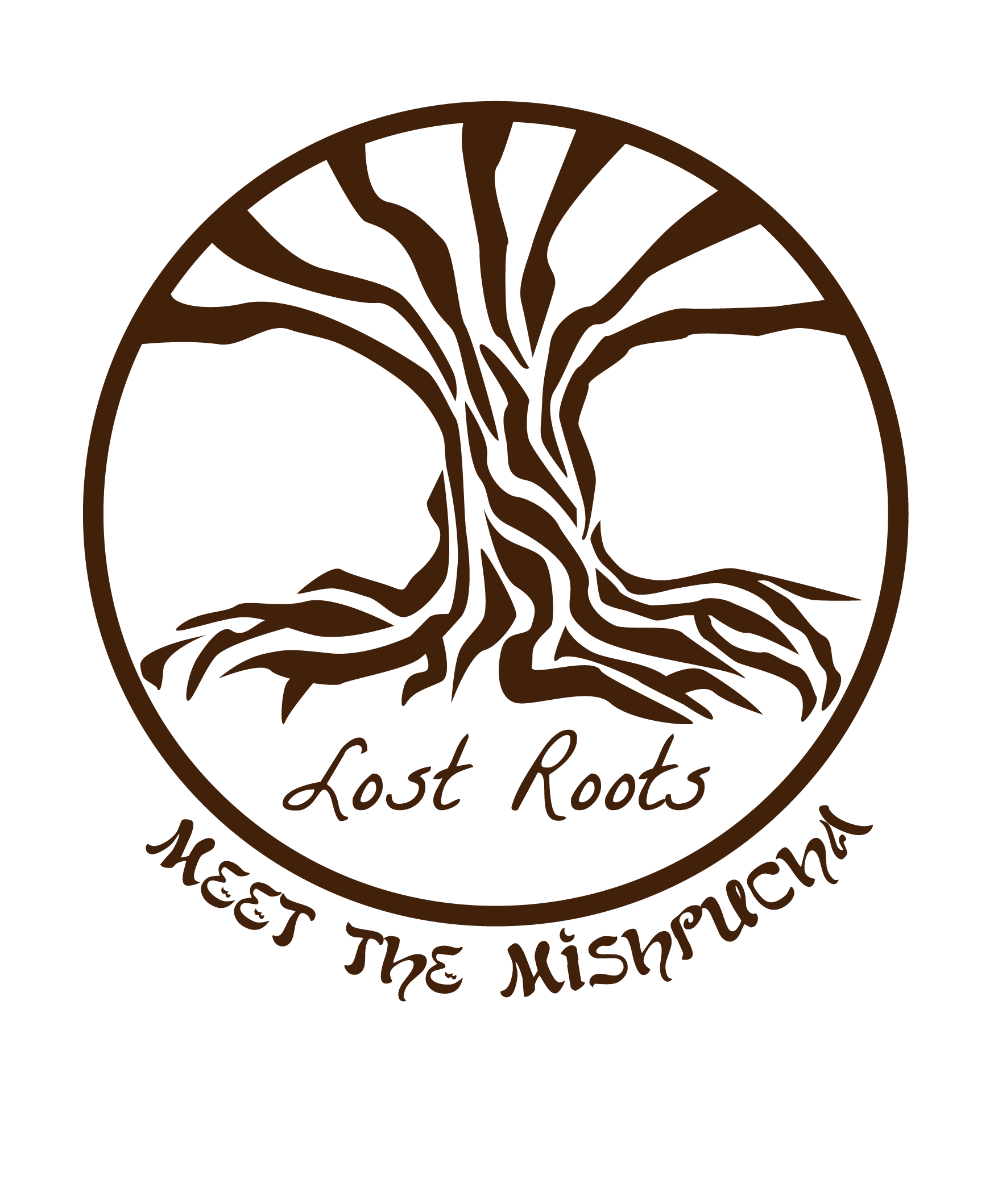Researching Jewish Families from Ukraine

As one of the most heavily Jewish regions of both the Russian and Austrian Empires—two countries that in the late 19th century accounted for nearly 60% of the world’s Jewish population—Ukraine is the pre-emigration homeland of many American Jewish families. Fortunately, many genealogy records exist to document the historic Jewish communities there—and access to these documents is growing daily. However, like many areas of Eastern Europe, these files pose significant challenges to modern researchers. Read on to discover more details about how to trace the history of Jewish families from Ukraine.
What Genealogy Records Are Available for Ukrainian Jewish Families?
The area comprising current-day Ukraine encompassed many historical sub-regions spanning multiple empires. As a result, the types and availability of records varies greatly by region. Because these regions overlapped with areas that are now in surrounding countries, the nature and extent of Ukrainian Jewish genealogy records shares much in common with those of other modern nations in the region.
If your family came from Galicia, please refer to my page about researching Jewish families from Galicia. Alternatively, Jewish genealogy records for areas in the former Russian Empire are described in my page on Jewish genealogy in the Russian Empire. For other parts of Ukraine, including Bukovina and Zakarpatska, the best place to begin research is by using JewishGen.
Where to Find Records
By Ukrainian law, archival documents are supposed to be open to any and all researchers. However, the archives have not always cooperated with researchers’ requests, despite the law. For many years, Ukrainian Jewish genealogist Alex Krakovsky has dedicated himself to making Jewish records in Ukraine accessible to the public. He has taken the Ukrainian archives to court many times and has won every time.

Following his court victories, Krakovsky has scanned nearly 3000 metrical record units, revision lists, censuses, and other documents of immense genealogical value from nearly all parts of former Russian Ukraine. He posts these documents regularly on his website for anyone to use. Krakovsky continues to scan and upload documents on a frequent basis, despite living and working in a war zone. In addition to the Krakovsky documents, JewishGen and FamilySearch each maintain sizable collections of Jewish records from Ukraine.
For archival documents which are not available online, holdings are separated into two main archives. Documents for former Austro-Hungarian areas of Ukraine are held in the Central State Historical Archives in Ukraine–Lviv (TsDIAL). Conversely, records for the parts of Ukraine that were historically in the Russian Empire are held in the Central State Historical Archives in Ukraine–Kyiv (TsDIAK). More recent genealogy documents not yet open to the public are held in the district archival system (RAHS), then transferred to state archives once they reach 75 years old.
In addition to government archives, the Vernadsky National Library of Ukraine, located in Kyiv, holds many important documents of genealogical value, including vital records, tax records, and other significant documents. The library also houses the Kyiv Pinkassim collection, the world’s largest collection of pinkassim (Jewish community records) from Eastern Europe. Encompassing nearly 100 pinkassim, the collection includes synagogue seat lists, catalogues of Jewish charitable donations, burial society records, circumcision registers, and other records from 40 Jewish communities in Ukraine and beyond. For a complete inventory of the Kyiv Pinkassim collection, see https://www.rtrfoundation.org/webart/Harkavycollect.pdf.
Outside of Ukraine, other documents of relevance for Ukrainian Jewish genealogy are held in the Central Archives for the History of the Jewish People (Jerusalem), the Jewish Theological Seminary Library (New York), and the Jewish National and University Library (Jerusalem).
Challenges of Researching Jewish Families in Ukraine
Language

Despite the wide and growing availability of genealogical records, researching Jewish families from Ukraine remains very challenging. Many of the complexities inherent to researching Jewish genealogy in other countries of Eastern Europe also hold for Ukraine. First and foremost, the language barrier can be a significant, sometimes insurmountable difficulty for American Jews researching their families from Ukraine.
As with other areas of the former Russian Empire, records for Jewish families in Russian Ukraine will be written in the Russian language. Moreover, the vast majority of them will be written in pre-1917 Russian cursive, which poses unique challenges for modern researchers. Although Krakovsky’s scan qualities are nearly all excellent, the original handwriting itself varies considerably. While some scribes hand excellent penmanship, writing by others is barely legible.
For areas that were once controlled by Austria, many genealogy records will be in German. Unfortunately, reading historical documents in German is even more problematic than Russian. Prior to 1940, German cursive was written in an entirely different writing style called Kurrentschrift which cannot be read without special training, even by native Germans.
Moreover, proficiency in additional languages besides German is also required to research Jewish families from these areas. When Galicia received autonomy within the Austro-Hungarian Empire in 1867, Polish was added as an official language of the province. As a result, many genealogical documents from the later nineteenth century will be in Polish rather than German. In Bukovina, genealogy documents from the interwar period will be in Romanian.
Indexing
Indexes are indispensable to modern genealogy research. Using indexes allows researchers to locate records for the people we are looking for within tens or even hundreds of thousands of pages. Unfortunately, most of the documents uploaded by Alex Krakowsky lack this critical feature. While many have been added to databases such as JewishGen and some documents have internal indexes, many others are currently unindexed and must be searched manually.
Coverage and Condition of Records
As discussed in my page on Jewish genealogy in the former Russian Empire, Jewish vital records from many areas of Ukraine are very spotty. In many towns in Ukraine, records from only a few years have survived to the present. Furthermore, in some cases records have survived in a disordered state, with various types of documents mixed together. These factors add to the difficulty of researching Ukrainian Jewish genealogy.
Summing Up
For the many Jewish families whose ancestors lived in what is now Ukraine, genealogical records from different parts of the country offer a window into the lives of our ancestors. However, despite the availability of records, researching Jewish families from Ukraine can be a formidable challenge. If you feel that you are not up for the task yourself, or if you have already begun research and have encountered difficulties along the way, please feel free to contact Lost Roots Family History. Together, we can make the story of your Ukrainian Jewish family come alive.
